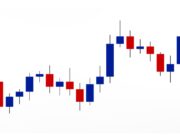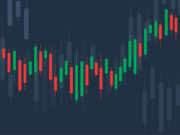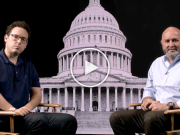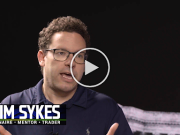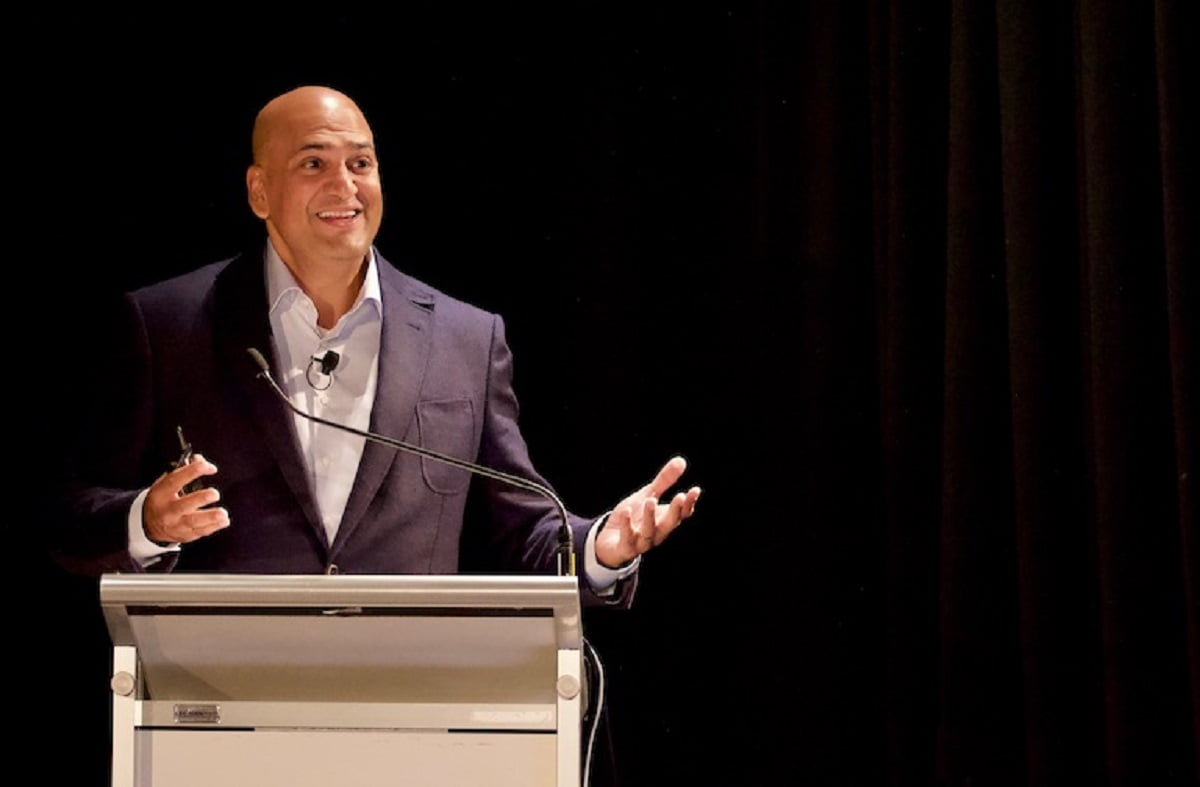The definition of an IPO is simple: An IPO stock is one that either recently went on the public market or is about to. Investors use the term to refer to any stock that is near its IPO date, generally up to one year after it goes public.
There has been an influx of companies aiming to go public amid the stock market’s rebound. Some of 2021’s highlights include female-led dating-app operator Bumble (BMBL), which rocketed more than 60% higher in their public debut. In March, online gaming platform Roblox (RBLX) popped 54% after its initial offering. And in April, online education provider Coursera (COUR) priced at the high end of its range and still ended its first day up 36%.
One of the big factors fueling IPOs is that venture capital markets have been flush with cash for the past ten years or so. They have poured that cash into thousands of startups, which has allowed them to quickly scale. The next logical step: The IPO, which provides still more capital and gives VCs, founders and employees a way to cash in. Not to mention, it brings opportunities for brave investors seeking to get in on the ground floor of the next Amazon or Apple.
Thanks to pushes from the likes of online brokerage Robinhood, trading stocks has become free (or much cheaper) for most investors. That has helped inspire larger numbers of young investors looking for high-growth opportunities, like IPO stocks. In light of this, it seems like a good bet that the momentum will continue for initial public offerings.
There is a laundry list of upcoming IPOs as a host of companies plan on tapping Wall Street for much-needed capital. In this article we’ll highlight a few of the most noteworthy IPOs currently in the wings.
The Honest Company
Jessica Alba – an actress since the age of 13 who has starred in movies such as Fantastic Four and Honey, and the Dark Angel TV series – has become a successful entrepreneur who is on the brink of taking her The Honest Company public.
Honest provides baby products, household items and other consumer goods, with a focus on using eco-friendly ingredients. The inspiration came both from her own childhood illnesses, as well as her first pregnancy; Alba’s daughter, Honor, suffered a rash breakout caused by a baby detergent.
The Honest Company was built with a strong e-commerce backbone that includes a vibrant online community. However, it has gone through some speedbumps – talks to be acquired by Unilever (UL) fell apart in 2016, the same year that it planned an IPO but ultimately failed to follow through with that.
Those and other issues led to the hiring of Nick Vlahos as CEO in 2017, which ultimately represented a turning point for Honest – one that saw the company go from purely online to a more omnichannel strategy.
Recent growth has been brisk. 2020 sales jumped by 27.6% year-over-year to $300.5 million. That included a more-than-doubling in household-and-wellness sales to $32.5 million, sparked largely by the COVID-19 pandemic. Honest has not yet reported a profit, however, and lost $14.5 million last year.
The company plans to list its shares on the Nasdaq in May under the ticker “HNST.” Lead underwriters include Morgan Stanley, JPMorgan, Jefferies, BofA Securities, Citi, William Blair and Guggenheim Securities.
Rivian
Rivian, which launched in 2009, is one of the pioneers of the autonomous EV market. Founder Robert “R.J.” Scaringe graduated from the Massachusetts Institute of Technology with a doctorate in mechanical engineering and had a vision of completely remaking the traditional automotive market.
Building the technology was no easy feat – Scaringe had to spend considerable sums not just on R&D but also large manufacturing facilities. EVs also require a power charging network. But Rivian has had the help of some major backers, including Amazon.com (AMZN) and Ford (F).
The company has reached the point of commercialization. In 2021, Rivian plans to begin delivery of its two consumer vehicles: a pickup truck (R1T) and a sport utility vehicle (R1S). Also, Amazon has a standing order for 100,000 commercial delivery vans.
For this ramp-up, Rivian recently raised $2.65 billion from investors including T. Rowe Price Associates, Fidelity Management, the Amazon Climate Pledge Fund, Coatue and D1 Capital Partners. The company has raised a total of $8 billion.
However, it looks like this will be the last round before an IPO, which is expected later in the year. A deal is estimated to be worth about $50 billion.
Discord
When Jason Citron and Stanislav Vishnevsky were building online games, they had ongoing communications issues with their remote developer teams. The comm systems they evaluated didn’t have the features they needed, so they did what many of us couldn’t do:
They built their own.
The resultant system, Discord, which allowed for instant messaging, video and voice calls, was popular with gaming communities on Twitch and Reddit in the early days. The system was released in 2015; by 2018, Microsoft’s (MSFT) Xbox had agreed to integrate the platform with Xbox Live accounts.
But in 2020, Discord announced a concerted effort to expand beyond gaming. To help with this, the company raised $100 million late last year at a valuation of $7 billion.
The COVID-19 pandemic had a positive impact on Discord‘s user base. Monthly active users (MAUs) doubled in 2020 to 140 million, and revenues jumped from $45 million to $130 million.
More recently, Microsoft made overtures to acquire the company for at least $10 billion. But the deal fell apart, according to a Wall Street Journal report. Several other suitors expressed interest, though names were not disclosed.
The next step now appears to be an IPO, though the planning remains in the early stages and a deal might not happen until later this year. The estimated IPO valuation for Discord is more than $10 billion.
Should you invest in Roblox right now?
Before you consider buying Roblox, you'll want to see this.
Investing legend, Keith Kohl just revealed his #1 stock for 2022...
And it's not Roblox.
Jeff Bezos, Peter Thiel, and the Rockefellers are betting a colossal nine figures on this tiny company that trades publicly for $5.
Keith say’s he thinks investors will be able to turn a small $50 stake into $150,000.
Find that to be extraordinary?
Click here to watch his presentation, and decide for yourself...
But you have to act now, because a catalyst coming in a few weeks is set to take this company mainstream... And by then, it could be too late.
Click here to find out the name and ticker of Keith's #1 pick...


